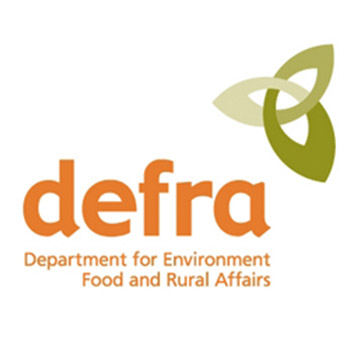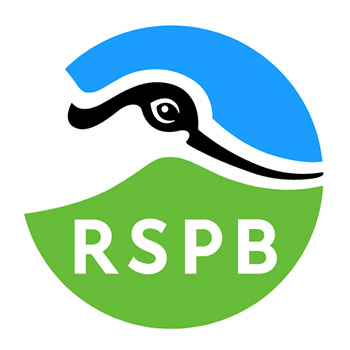Combinatorial auction for turtle dove habitat Project
Using reverse auctions to maximise cost effectiveness of habitat creation project.
Turtle dove numbers in the UK have declined 98 per cent since the 1970s due to changes in agricultural practices, the birds rely on the seeds of fumitory, knotgrass, chickweed, oilseed rape and cereal grains, and thrive on untrimmed grassland. Their habitat has dramatically contracted as this grassland is often used for housing and agriculture. Recreational shooting on the bird’s flight path between Africa and Britain has also contributed to its decline. The RSPB estimates that numbers have dropped by another third since 2016 when only 3,000 were counted. Although the decline in the number of turtle doves globally is less dramatic than in the UK, the RSPB says the bird could easily become extinct unless action is taken.
Working alongside Defra and the RSPB, our team designed a reverse, or ‘Combinatorial’ auction in which farmers could place bids to win contracts to provide suitable habitats for the species.
A subsidy amounting to £720,000 was made available to farmers in the two target areas of the UK over two auctions – with 49 farmers successfully bidding.
The complex turtle dove scoring system, developed by the team prioritised qualitative elements of the bids. It was structured to combine the food, water and breeding ground needs of the birds, which are deemed to be “fussy” given they have short legs but feed on the ground so require more open space. Local and regional density and environmental factors such as whether the water was from a river bank in need of restoration rather than a trough and location of hedgerows, were also factored in. Another measure — called TDH or Ta-Da — was used to factor in “turtle dove happiness”.
Combinatorial auctions in this context deliver a double benefit: they coordinate the environmental activities of landowners to deliver ecological value at a landscape level and they drive cost effectiveness by encouraging landowners to compete on cost.
Project outputs
- Finance
- Finance
- Finance
(2021). How an auction is helping Britain’s turtle doves. The Economist.
The Economist coverage of the Combinatorial auction for turtle dove habitat project.
(2021). Post-Brexit farm subsidy plans will see landowners paid to protect turtle doves. The Telegraph.
Daily Telegraph coverage of the Combinatorial auction for turtle dove habitat project.
(2021). Economists develop UK subsidy auction to save endangered turtle dove. The FT.
Financial times coverage of the Combinatorial auction for turtle dove habitat project.




